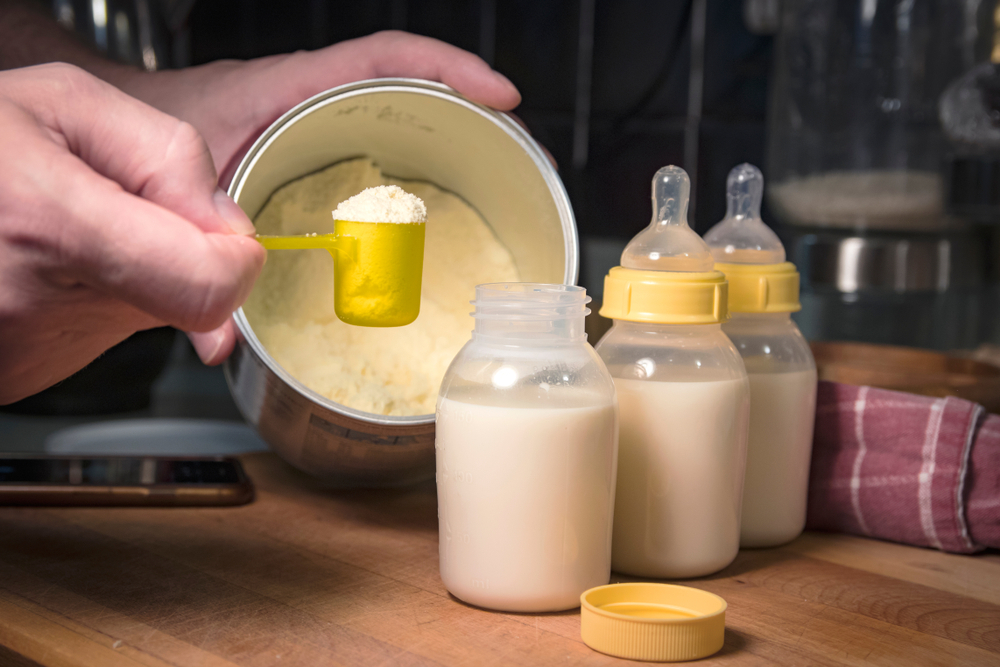If you’re a new parent, it can be hard to know how much your 3-week old baby should eat.
It’s normal for babies to vary their eating habits, and the amount they need to eat changes as they grow.
Let’s take a look at what you should expect from your 3-week old baby’s eating habits and how to make sure they’re getting enough nutrition.
Frequency of feedings
At this age, newborns typically feed 8 to 12 times in 24 hours. This means that your little one could be hungry every two to three hours.
But don’t be surprised if they are inconsistent with their feeding times or if they want more or less than usual on different days.
You also might find that your baby is hungrier in the evening than during the day.
Amount of feedings
At this age, it’s normal for babies to take about 2 to 3 ounces per feeding – but this amount will vary from baby to baby and even from feeding session to feeding session.
Also keep in mind that breastfed babies tend to eat smaller amounts more frequently while formula-fed babies may go longer between feedings because formula is more easily digested than breast milk.

Feeding cues & signs of fullness
Your little one won’t be able explain when they’re full yet. So, it’s important for you as a parent to watch for cues that show when your baby has had enough food.
These include turning away from the bottle/breast, falling asleep during feedings or having difficulty staying awake after feedings. They might also show signs of discomfort such as hiccupping or spitting up after finishing a meal.
It’s also important that you pay attention to any signs of hunger. For example, rooting (when newborns turn their head in search of food), sucking on their hands or fingers, making smacking sounds with their mouth or fussing/crying.
Paying attention to these cues will help you ensure that your little one isn’t overfeeding nor underfeeding throughout the day.
With a little patience and practice, soon you’ll get used to knowing how much your 3-week old needs each day. No matter what type of feeding method you’re using!
Knowing what signs and signals are normal at this age will help give you peace of mind when it comes time for mealtimes with your little one . So keep an eye out for those hunger and fullness cues!
And remember – if ever in doubt, reach out and ask a doctor or health care provider for help! Good luck!


